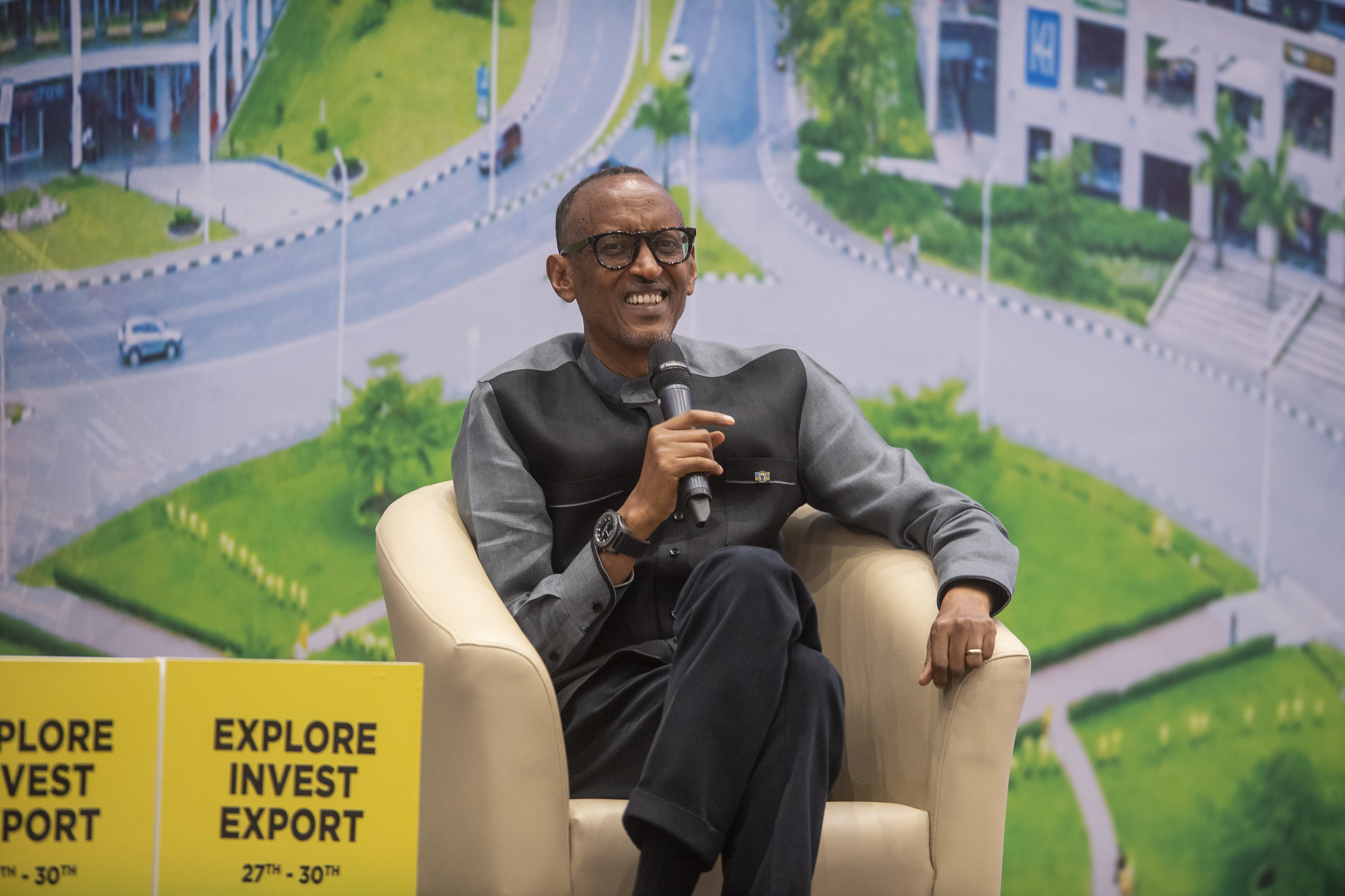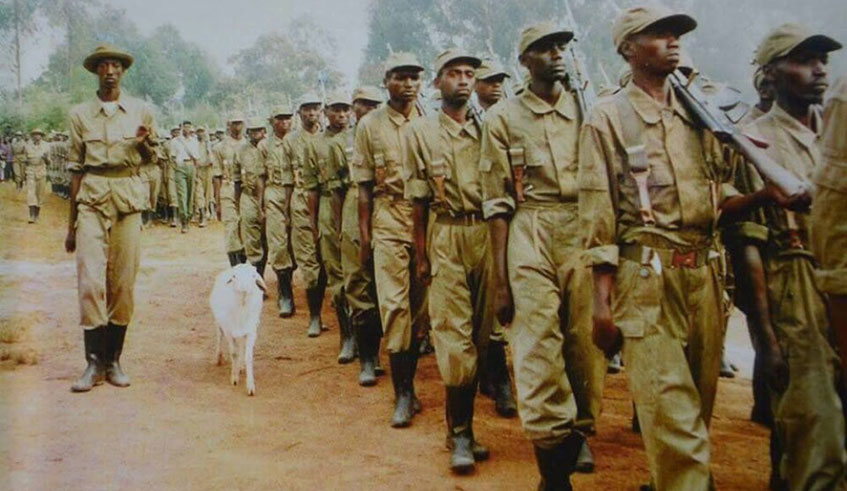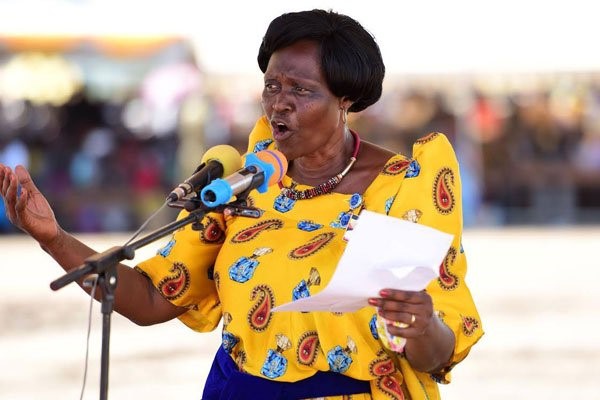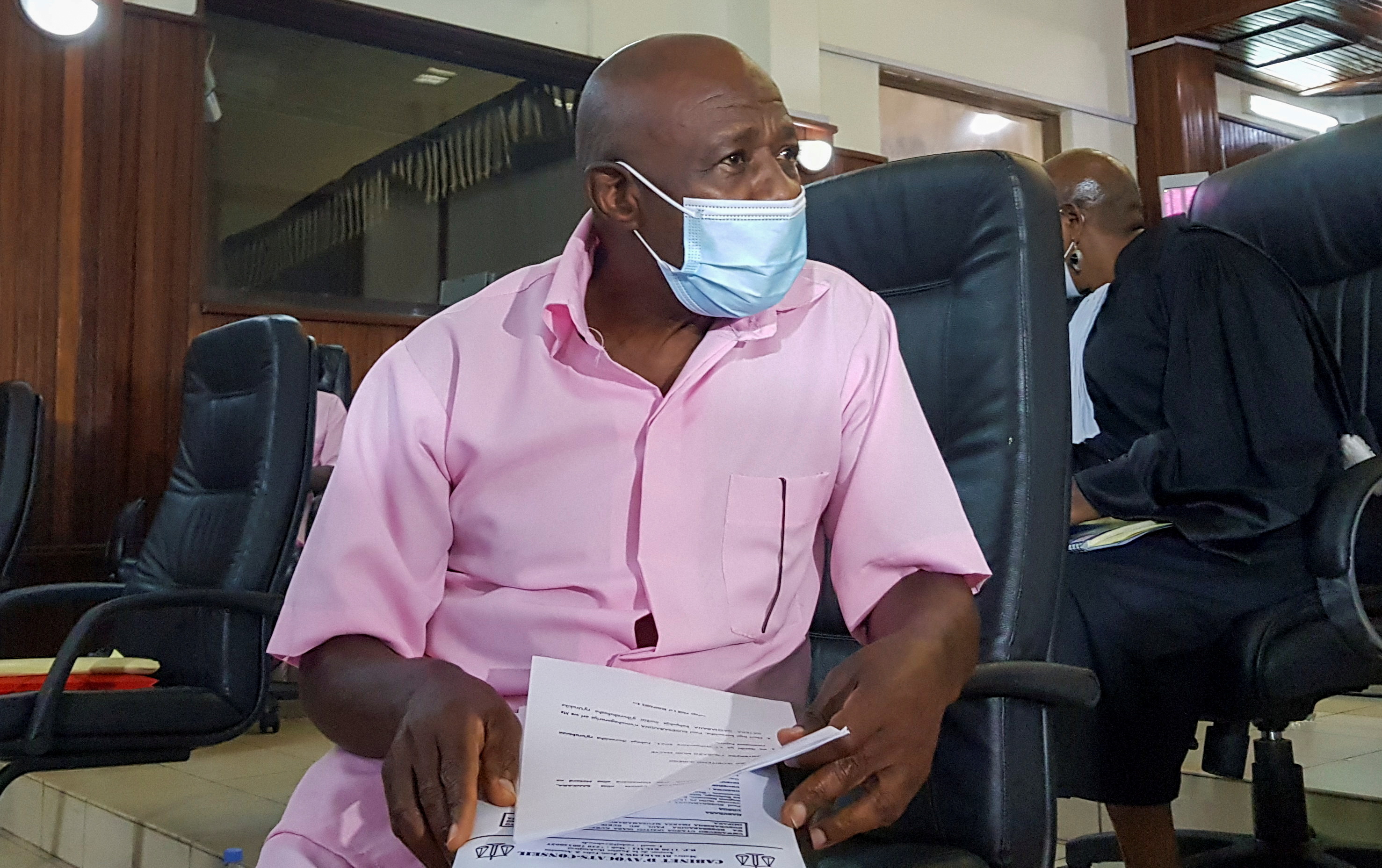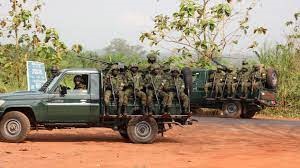Regional
Museveni’s identity crisis
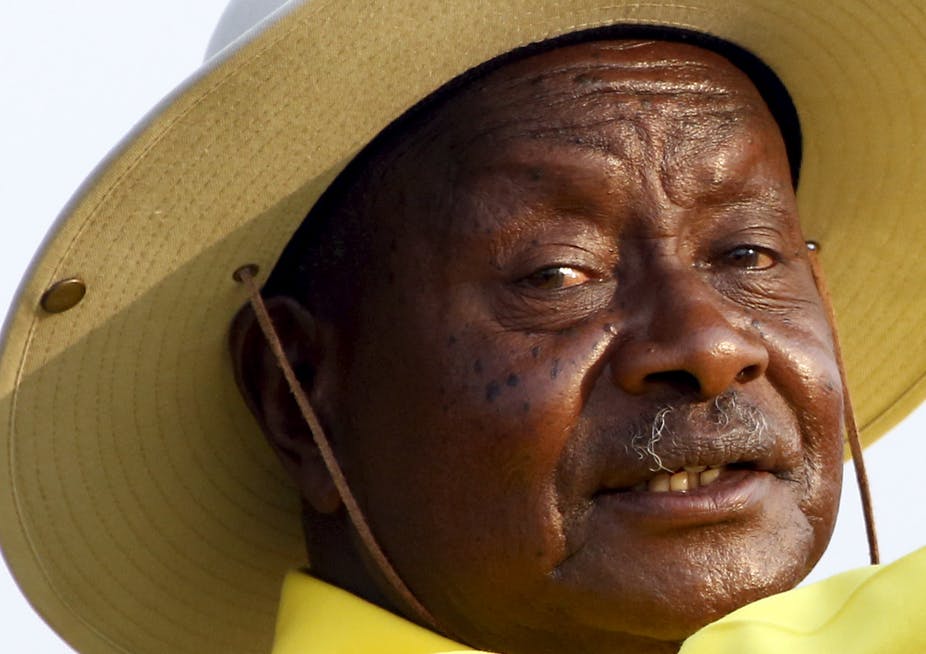
On
reading President Yoweri Museveni’s book, sowing the Mustard Seed, you realize
that it reflects the character of a person finding it difficult to correctly
explain his family tree, parentage, real place of birth, as well as date of
birth. There is also an apparent cover-up of the social status of his family, a
cover-up on his true relationship with the late Boniface Byanyima family and
accounts of his childhood memories that seem to be more imaginary than real.
Interestingly,
Museveni writes that his own family – his daughters and wife, contest his
earliest collection of his life on earth. Museveni claims that he could recall
what happened around him at the age of four months! Well, his wife is the Minister
of Education and she knows what she is saying.
But a
defiant Museveni has this to say to his family: “I, however, regard this as
treachery against knowledge to conceal what I remember most vividly, on account
of intimidation by my daughters not to record events as I remember them.”
If
his own family contested what is contained in the book, then who will trust
what Museveni claims about his life and other events discussed in the book?
Museveni
calls Ntungamo, a region in Western Uganda, his birth place and that of his
father, Amos Kaguta, and informs the reader that his grandfather was born in
Rukungiri (Rujumbura), while his great grandfather Kashaanku ka Kyamukaaga
Ruhirimbura, was born in Rusheenyi (Ruyonza-Kakaamba area). “It seems that is
our area of origin,” Museveni writes with doubt.
Instead
of revealing his real birthplace, Museveni invents his birth place as Mbarara
town. “I was born in the old Government Hospital at Mbarara somewhere near the
town clerk’s premises. One would have
thought that it would have made my birthday very easy to establish. That was
the exact opposite,” Museveni notes.
In
his usual style of blaming others for his own predicaments, Museveni blames his
parents: “my own parents never bothered with knowing birthdays in exact terms.”
He
also blames the colonial government for not keeping records properly. “The
birthday is about the 15th September 1944. What a shame for somebody
who was born in a government hospital to fail to know his exact date of birth,
all on the account of a faulty record keeping and storage – both colonial and
post-colonial,” Museveni wrote.
Museveni
contradicts himself on the account of poor record keeping regarding his
birthdate. When he says that he invited an old veterinary officer, Serugendo,
to Rwakitura in the investigation of his birthdate, Serugendo was precise in
specifying the dates for cattle mass vaccination as 24th and 28th
of November 1944. Therefore, this is an
indication that colonialists were good at keeping records, and if Museveni was born
at a government hospital in Mbarara, his birth records would be found without
guessing.
Museveni’s
search of his birthdate is a mystery. Museveni labors very much in the book, to
prove that by mere luck he came to know his birthdate although through an
unnamed witness.
“As
Luck would have it, there was an old lady, Tophus Bwankuunku, who kept telling
somebody I knew that she knew when I was born. In spite of my busy schedule, I
managed to ring her once. I asked her how she knew when I was born…”
What
follows is a confusing long narrative popular with Museveni’s style when he
wants to tell a lie. The birth certificate of his son, Gen. Muhoozi
Keinerugaba, retrieved from Loitokitok General Hospital in Kenya, gives a
different account of Museveni’s birth place and names.
The
certificate identifies the child’s names as; Muhoozi Keinerugaba Tibuhaburwa wa
Rutabasirwa and the fathers names as; Yoseri Tibuhaburwa Rutabasirwa, whose birthplace
is Tare, in Rwanda.
Museveni
does not discuss in his book, if he ever changed names.Probably he changed
Yoseri to Yoweri. But the dropping of other names to acquire Kaguta Museveni
remains obscure. “Banyankore, unlike
Baganda, do not have the time to recite the names of all their ancestors for
many centuries,” Museveni claims in his book.
However,
Banyankore elders disagree with him. Infact, cattle keepers had time to recite
their ancestry which would form long poems (Kwevuga). Museveni was covering up his parental lineage
which cannot be traced in Uganda. There are two incriminating facts of his
Rwandan origin that Museveni himself hints on. “Mzee Kaguta told me that one of
his aunts, Mwangire, used to swear as follows: “Nga emaanzi za Bugala (I swear by the heroes of Bugala).”
Bugala
is on the River Kagera on the border with Tanzania. What connection do we have with the Bagala?
Oral history does not tell us. Karagwe of course, has got a lot of Basiita even
up to today. Some of Museveni’s relatives who came from Rwanda are known to
have settled in Karagwe.
Sodo
Aine Godfrey Kaguta, who lives in Sembabule and contested against Sharit
Musherure Kutesa in the last parliamentary elections, is Museveni’s brother
from the Kaibanda family.
Sodo
speaks fluent Kinyarwanda. Although
Museveni mentions Kaibanda as his father’s cousin, it is believed that he is
his biological father, instead of Amos Kaguta.His mother was married to Amos
when she was pregnant with Kaibanda’s child at the time she moved from Tare in
Rwanda.
“It
is amazing to note that for the 68 years I stayed with the late mzee Amos he
never once said the name of his father, Kabuguma, or uncles Karacha and
Kacuuya. He would, instead say: ‘Ishe- “Kaibanda’ - the father of his first
cousin, Kaibanda,” Museveni writes.
Form his own account, Museveni is a man who
has lived his life entangled in a deep identity crisis. When he wants to
demonstrate that he has no connection with Rwanda, that’s when he uses a person
like Gen. Abel Kandiho who has a similar identity crisis to torture innocent
Rwandans.


